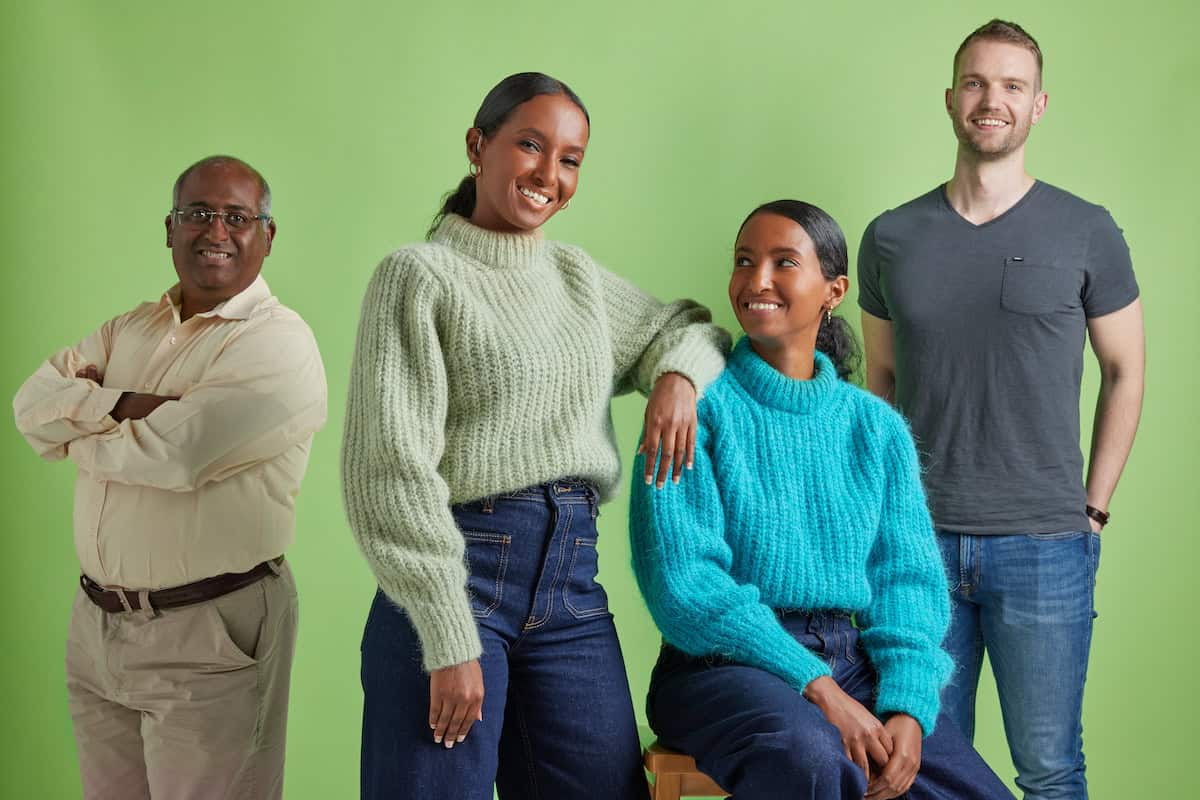
In this edition of our blog series imagining the future of hearing health, we explore the views of people who are deaf, have hearing loss and tinnitus on how technology might improve their experiences of hearing healthcare services.
Our research participants
To ensure the lived experience of service users guides the future of hearing healthcare, we asked RNID’s Research Panel for their views on how technology could potentially improve their future experiences, such as how they access support for diagnosis, treatment, and long-term management.
In April, 288 people across the UK shared their thoughts based on their experience of adult hearing services. Here is what they told us is important to them.
They want services to be easier to access, not just quicker
People would like to be able to access hearing healthcare in digital ways, if this would give them more choice, flexibility, and convenience. They want it to be easier to fit hearing health responsibilities into their life.
For many, this means having options for remote support at home (such as advice for adjusting to hearing aids) or support closer to home (such as local drop-in clinics).
People also think technology should enable their quicker access to diagnosis and treatment, making it easier to get the right support at the right time.
It’s having the flexibility of being able to fit the necessary assessments into an already demanding life, without having to book a lot of time off work, and to have access to understandable results to manage my own health in a way that suits me.”
– RNID survey participant
They want to feel more in control of their hearing health
People often want more control over their hearing health. For many, this means having flexible, helpful, and accessible information and support, both on hearing health and the available technologies that can help them stay connected.
In the survey, we also found that people wanted technology that supports their long-term healthcare management and empowerment. For example, 89% of participants are interested in using the NHS App to see their medical test results.
I like the idea of being in control of accessing audiology services independently at home and being able to adjust my hearing aids accordingly.”
– RNID survey participant
Having accessible and inclusive options is important
Most participants said they were open to trying new innovations in hearing health technology, though this may reflect the fact that 59% of the group told us that they love new technologies or are open to trying them.
Despite their openness for remote options and new methods of accessing and managing their hearing health, some people have concerns about relying too much on technology in hearing healthcare.
People are primarily concerned about diagnosis, with a few people worried about the risk of misdiagnosis, impersonal care, and the accessibility of the technology.
For those that can access the Internet and other technologies it’s good but make sure its accessible for everyone.”
– RNID survey participant
Bringing back flexible hearing health services
Sometimes basic needs are no longer met, which is frustrating. There is a high demand for bringing back drop-in hearing maintenance services, many of which closed during COVID-19 and haven’t reopened.
94% of participants are interested in these being made available again, as many are struggling to without them. These services are an existing solution that would meet people’s needs.
Posting my hearing aid(s) for maintenance terrifies me and leaves me unable to function. Even though they’re posted back to me within one day that’s still two whole days at least of not being able to function. Drop in in the community would be useful.”
– RNID survey participant
Thank you to our participants
288 people across the UK from RNID’s Research Panel completed an online survey. The survey aimed to find out more about future options people with experience of adult audiology services may want.
Thank you to everyone who shared their views on the future of hearing healthcare. Your feedback is crucial for shaping the future of NHS services.
We have used these insights in a workshop co-hosted with NHS England to explore how we might unlock the potential of technologies to improve hearing health. This workshop brought together professionals in healthcare, policy, academia, and technology.
We will continue to use these insights as we collaborate with others, and within our report on how technology could transform hearing healthcare.
